Viola Davis ‘Vanity Fair’ Cover Is The 1st Shot By A Black Photog In Magazine’s History + Actress Says ‘I Betrayed My People’ W/ Role In ‘The Help’
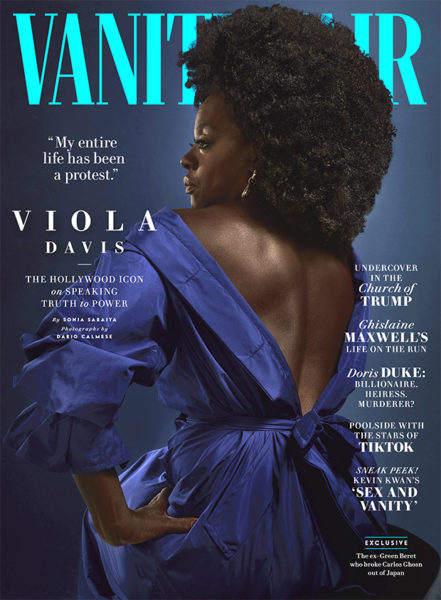
Viola Davis ‘Vanity Fair’ Cover Is The 1st Shot By A Black Photog In Magazine’s History + Actress Says ‘I Betrayed My People’ W/ Role In ‘The Help’
Heavy-hitter actress, Viola Davis, graced the cover of the latest issue of Vanity Fair magazine, which is also making history. The photoshoot was performed by photographer Dario Calmese, the first Black photographer to shoot the cover since the magazine’s inception.
In an Instagram post, Dario Calmese shared,
“Thank you to every black woman who’s felt invisible despite being on the front line of every fight. We see you. You are loved, you are powerful, and you are beautiful. This is for you.”
He also thanked Viola Davis, calling her his “co-conspirator”, and the Vanity Fair team for believing in him and seeing his vision.
He shared his cover photo of the award-winning actress, followed by the photo that served as his inspiration: a black and white image of a man exposing his back with countless scarred whiplashes covering his brown skin.
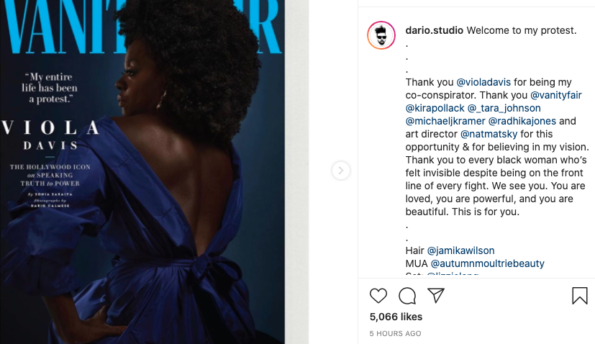
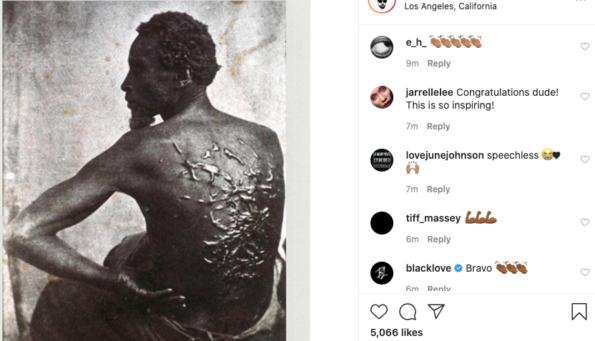
Social media users reacted, both in favor and in dismay, to the cover.
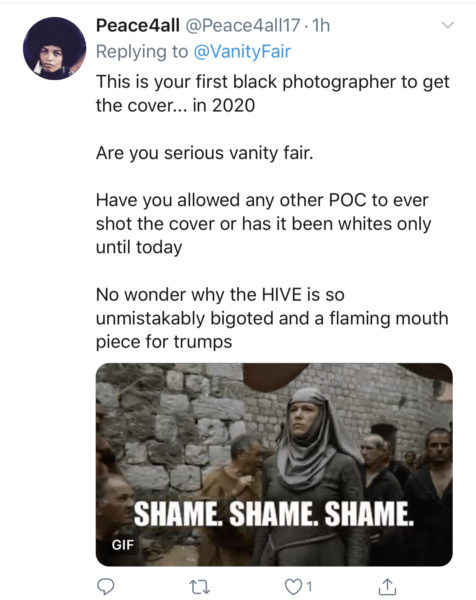
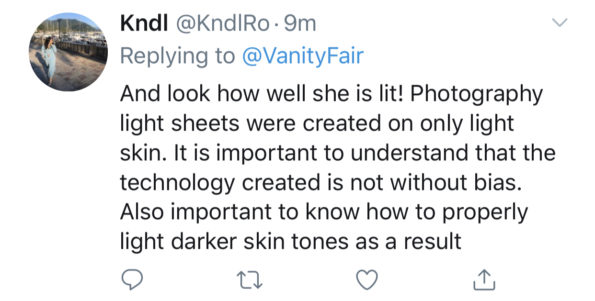
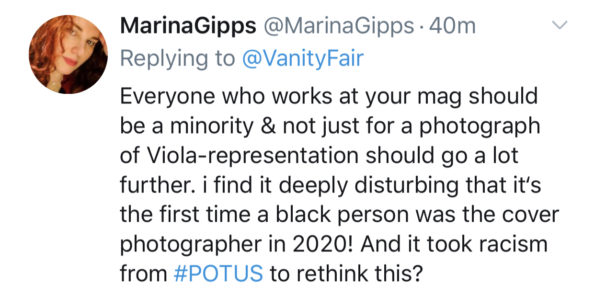
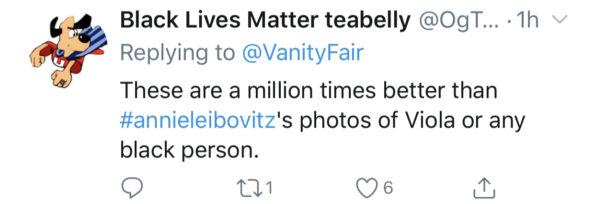
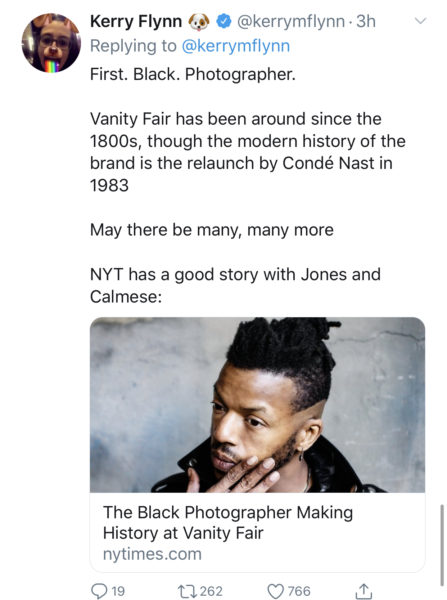
Viola Davis sat down for an interview on Juneteenth to discuss her desire for change amid the recent heightened awareness of systemic racism, as well as colorism and how it surely plays a part in Hollywood today.
The “Fences” actress recently joined her husband and several friends for their own intimate protest, after being talked out of marching amongst the large crowds because of health concerns during this COVID-19 pandemic. They opted to camp out on Laurel Canyon Boulevard in Studio City, (a quaint neighborhood in the suburbs of Los Angeles). Viola Davis’ sign simply read “AHMAUD ARBERY”. She stated,
“We said we’d just be out there for a few minutes, and it ended up being hours, hours.”
She mentioned
“We got a lot of beeps.”
And didn’t mind sharing that they also got
“a few fingers…But this was the first time the fingers did not bother me.”
Viola Davis, who is certain that the history of slavery is embedded in her cellular memory shares with pride.
“I feel like my entire life has been a protest. My production company is my protest. Me not wearing a wig at the Oscars in 2012 was my protest. It is a part of my voice, just like introducing myself to you and saying, ‘Hello, my name is Viola Davis.’”
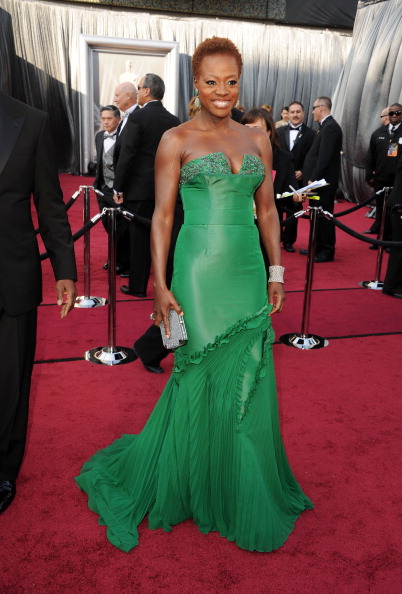
Viola Davis 2012 Oscars
The actress is set to play Michelle Obama in the upcoming series, First Ladies, which she will also co-executive produce. Playing the role of the 1st brown-skinned first lady of the United States is a far cry from her reality as a child. As a dark-skinned girl growing up in poverty, she wasn’t told of her beauty of her worth.
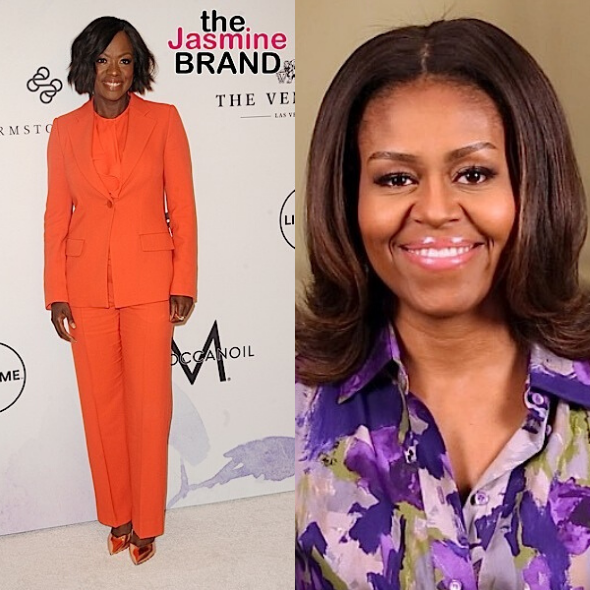
Viola Davis, Michelle Obama
She says,
“When I was younger I did not exert my voice, because I did not feel worthy of having a voice.”
She attributes her sisters and mother for lifting her out of what she called “the hole”. She continued on,
“They looked at me and said I was pretty. Who’s telling a dark-skinned girl that she’s pretty? Nobody says it.”
Still, she said one of her most iconic roles, in the film The Help, is one that she regrets.
“There’s no one who’s not entertained by The Help. But there’s a part of me that feels like I betrayed myself, and my people, because I was in a movie that wasn’t ready to [tell the whole truth]. [It was] created in the filter and the cesspool of systemic racism.”
But she’s not afraid to speak out. She recently went viral on the battle of being paid her worth, which many would argue is comparable to her white counterparts such as Meryl Streep, whom Davis calls part of her “tribe.”
https://www.instagram.com/p/CCESL58FzFh/?utm_source=ig_web_copy_link


 Previous Article
Previous Article Next Article
Next Article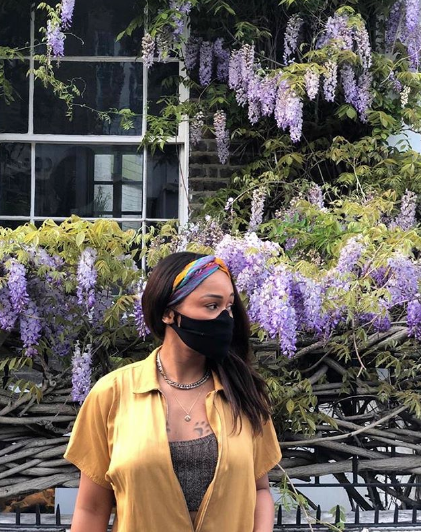 Rapper/TV Host Eve Is #MaskingForAFriend To Help Stop The Spread Of COVID-19
Rapper/TV Host Eve Is #MaskingForAFriend To Help Stop The Spread Of COVID-19 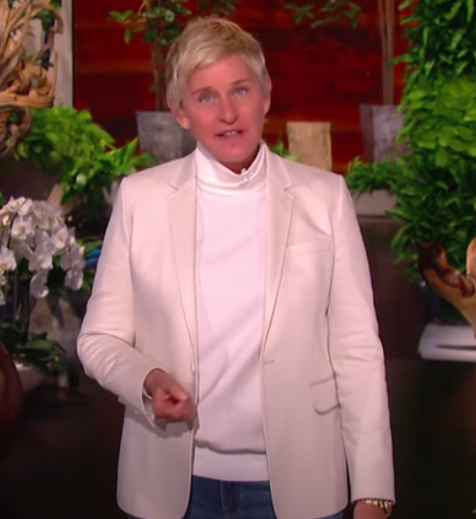 Ellen DeGeneres Lost More Than 1 Million Viewers After Toxic Workplace Claims
Ellen DeGeneres Lost More Than 1 Million Viewers After Toxic Workplace Claims  Wendy Williams Planning Girls Trip W/ NeNe Leakes & Tamar Braxton
Wendy Williams Planning Girls Trip W/ NeNe Leakes & Tamar Braxton ![Naomi Campbell Rocks Full-Body Hazmat Suit Amid Coronavirus Scare: “Safety First!” [PHOTOS]](https://thejasminebrand.com/wp-content/uploads/2020/03/Naomi-Campbell-thejasminebrand.png) Naomi Campbell Rocks Full-Body Hazmat Suit Amid Coronavirus Scare: “Safety First!” [PHOTOS]
Naomi Campbell Rocks Full-Body Hazmat Suit Amid Coronavirus Scare: “Safety First!” [PHOTOS] 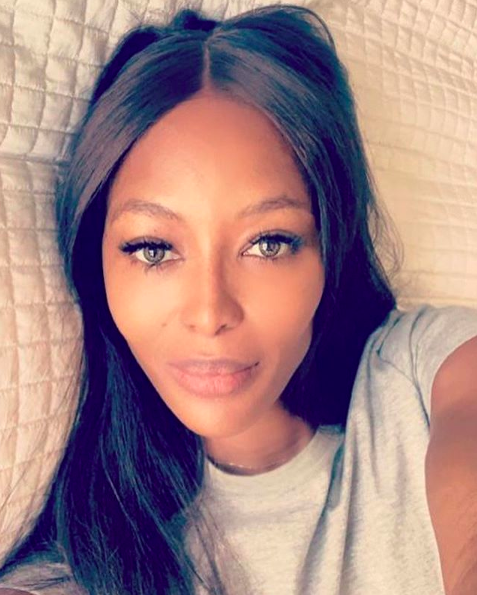 Naomi Campbell: It’s My 1st Time In 33 Years Shooting With A Black Photographer In Mainstream Fashion!
Naomi Campbell: It’s My 1st Time In 33 Years Shooting With A Black Photographer In Mainstream Fashion!  Adrienne Bailon Reveals She Spent ‘Easily Over A Million’ Dollars During IVF Journey Before Welcoming Son, Ever: ‘Pretty Tough 6 Years’
Adrienne Bailon Reveals She Spent ‘Easily Over A Million’ Dollars During IVF Journey Before Welcoming Son, Ever: ‘Pretty Tough 6 Years’ 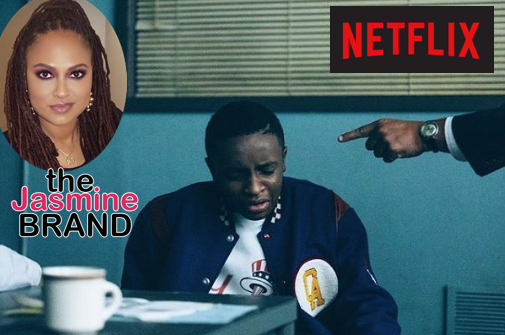 Ava DuVernay & Netflix Win Defamation Lawsuit For “When They See Us”
Ava DuVernay & Netflix Win Defamation Lawsuit For “When They See Us” 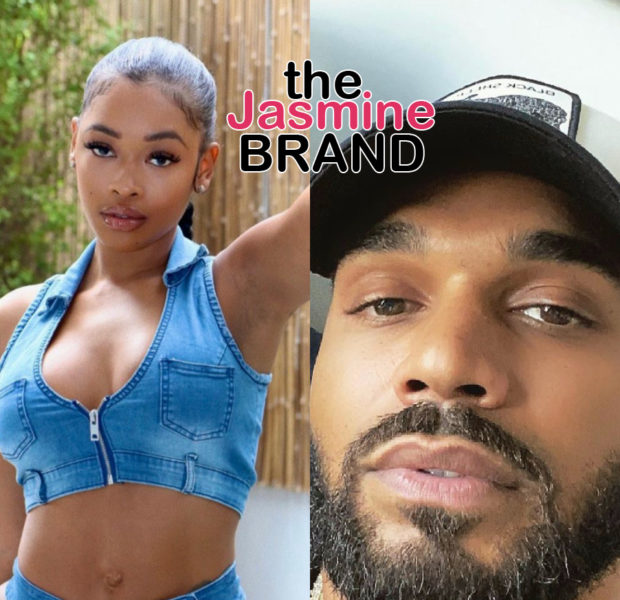 Tyler Lepley & Miracle Watts Appear To Confirm Dating Rumors W/ Flirty IG Interaction
Tyler Lepley & Miracle Watts Appear To Confirm Dating Rumors W/ Flirty IG Interaction